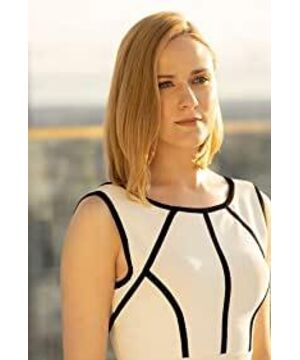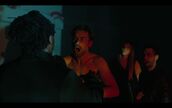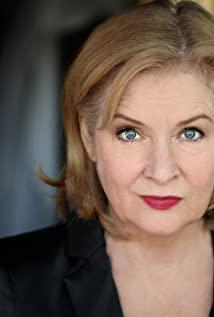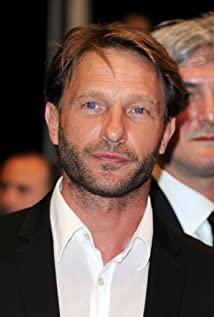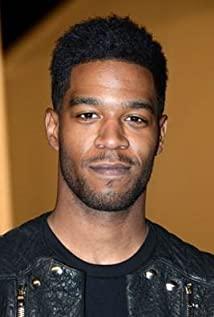When I first watched the first part of "Westworld", the first 9 episodes gave me the feeling that the time line was complicated and brain-burning, the background setting of the artificial world and the artificial receptionist, and the plot setting of the receptionist similar to the awakening of AI was really interesting. , I didn't feel much. It was not until the last episode that I suddenly realized that this is a drama that explores the birth of human self-consciousness. The self-consciousness of the receptionist is actually the awakening of human self-consciousness. Of course, coupled with the shock of solving the timeline puzzle, it is considered a divine drama.
Then watch the second season, the time flow is shortened, but the time line is arranged more complex, and finally it is the meaning of human choice consciousness, or the awakening of free will, that is, the different choices of Demei, Maeve and Bernard, and After finally escaping from Westworld, Demei and Bernard accept different choices of different people, even if they have opposing positions.
Of course, the above is my personal understanding of watching the show. Originally, it was just an over-interpretation of myself, and I didn’t expect the screenwriter to design it like this.
But "Westworld Season 3" showed that my interpretation was consistent with the writer's original design. In the third season, when the receptionists went to the human world, they were supposed to fight back against the human world and establish a foundation for their own survival, but they did not expect that the screenwriter gave an AI that controls the fate of human beings. As a result, the human and the receptionist No difference, and finally became the plot trend of the receptionist in turn to rescue human free will. Obviously, self-awareness, free will, has always been what the Westworld TV series has always wanted to express.
However, the third season actually accepted the audience's suggestion before the start of the show, and would not complicate the timeline any more. I knew that its final evaluation would definitely not be high. Of course, it would be difficult for the subsequent seasons to reach the level of the previous work. As expected, in today's aesthetic concept that only takes plot narrative as the only standard, such dramas that want to express humanistic connotations, if they don't make the narrative mode complex and suspenseful, they use a simple and straight narrative method instead. Then the humanistic connotation to be expressed can only be directly placed in front of the audience, and it must be repeatedly displayed in the plot. Then, the understanding of the same point of view from different angles, or the opinions of different opinions, will It directly affects the experience of watching the drama, thereby affecting the evaluation of the drama. In the end, it is better to continue to blur the point of view, and the final integration is revealed to be brilliant.
So while the odds are slim, I'd like to see Season 4 revert to the complex narrative patterns of Season 1 and Season 2. Maintaining a certain aesthetic standard, attracting audiences with the same level of aesthetics, and maintaining its forceful style, is relatively thankless to cater to everyone in the end, and finally leads to the decline in evaluation and loss of more audiences, the former is better.
View more about Parce Domine reviews


